Resources for Unit 9: Festivals around the world - Global Success 7
| Site: | vinhphuc.topgrade.edu.vn |
| Course: | Tiếng Anh Tăng Cường lớp 7 - Bình Xuyên |
| Book: | Resources for Unit 9: Festivals around the world - Global Success 7 |
| Printed by: | Guest user |
| Date: | Wednesday, 2 July 2025, 9:06 AM |
Table of contents
- 1. Vocabulary for Unit 9: Festivals around the world
- 1.1. Vocabulary for Unit 9: Festivals around the world. Lesson 1. GETTING STARTED
- 1.2. Vocabulary for Unit 9: Festivals around the world. Lesson 2. A CLOSER LOOK 1
- 1.3. Vocabulary for Unit 9: Festivals around the world. Lesson 3. A CLOSER LOOK 2
- 1.4. Vocabulary for Unit 9: Festivals around the world. Lesson 4. COMMUNICATION
- 1.5. Vocabulary for Unit 9: Festivals around the world. Lesson 5. SKILLS 1
- 1.6. Vocabulary for Unit 9: Festivals around the world. Lesson 6. SKILLS 2
- 1.7. Vocabulary for Unit 9: Festivals around the world. Lesson 7. LOOKING BACK & PROJECT
- 2. Grammar for Unit 9: Festivals around the world
- 3. Video Lecture for Unit 9: Festivals around the world
- 3.1. Video Lecture for Lesson 1. GETTING STARTED
- 3.2. Video Lecture for Lesson 2. A CLOSER LOOK 1
- 3.3. Video Lecture for Lesson 3. A CLOSER LOOK 2
- 3.4. Video Lecture for Lesson 4. COMMUNICATION
- 3.5. Video Lecture for Lesson 5. SKILLS 1
- 3.6. Video Lecture for Lesson 6. SKILLS 2
- 3.7. Video Lecture for Lesson 7. LOOKING BACK & PROJECT
- 4. Hướng Dẫn Phát Âm Unit 9 (Global Success 7)
1. Vocabulary for Unit 9: Festivals around the world
Vocabulary for Unit 9: Festivals around the world.
1.1. Vocabulary for Unit 9: Festivals around the world. Lesson 1. GETTING STARTED
cozy
/ˈkəʊzi/ (adj): ấm ápThis is a nice cozy room, Ms Hoa.
(Phòng này ấm cúng đấy, cô Hoa.)

take the photos
/teɪk ðə ˈfəʊtəʊz/ (v.phr) Chụp hìnhWhere did you take the photos?
(Bạn đã chụp hình ở đâu?)

tulip festival
/ ˈtjuːlɪp ˈfɛstəvəl/ (n. phr) Lễ hội hoa tulipIt was the Dutch Tulip Festival.
(Nó là lễ hội hoa tulip)

Dutch folk dances
/dʌʧ fəʊk ˈdɑːnsɪz/ (n. phr) Điệu nhảy dân gian người Hà LanI watched Dutch folk dances.
(Tôi đã xem điệu nhảy dân gian của người Hà Lan)
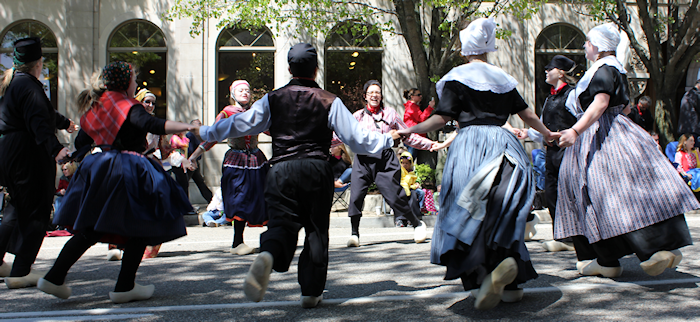
traditional costumes
/trəˈdɪʃənl ˈkɒstjuːmz/ (n.phr) Trang phục truyền thốngThe dancers wore traditional costumes.
(Vũ công mặc trang phục truyền thống.)
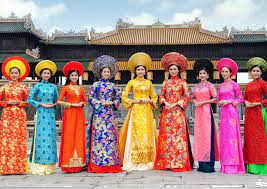
delicious
/dɪˈlɪʃəs/ (adj): NgonI also got a chance to try some delicious Dutch food and drink.
(Tôi cũng đã có cơ hội thử đồ ăn và thức uống của người Hà Lan.)
parade
/pəˈreɪd/ (n) Diễu hànhI also saw beautiful tulip floats at a parade.
(Tôi cũng đã nhìn thấy hoa tulip nổi bật tại cuộc diễu hành.)
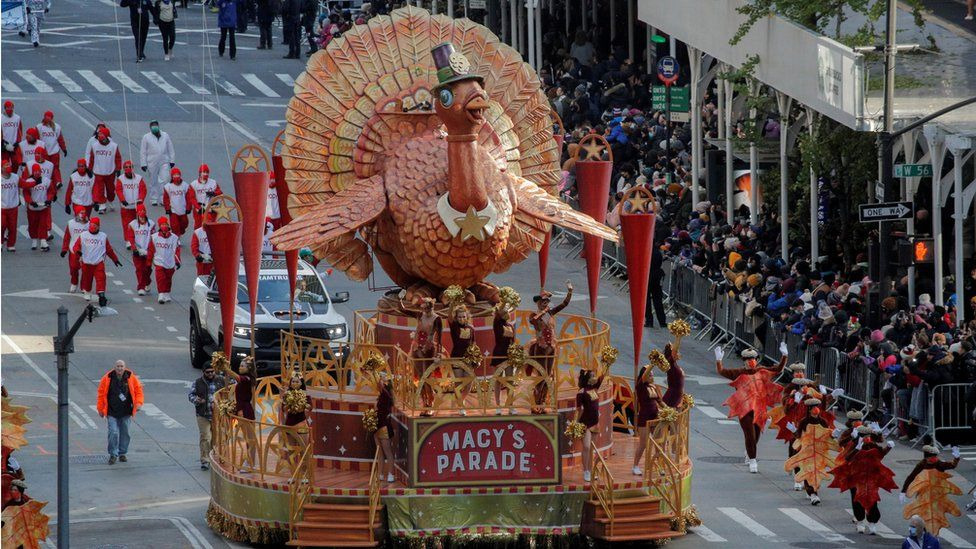
hold
/həʊld/ (v) Tổ chứcDo they hold the festival every year in Australia?.
(Họ có tổ chức lễ hội mỗi năm tại Úc không ?)
try
/traɪ/ (v) ThửI tried Dutch food and drinks.
(Tôi đã thử đồ ăn và uống của người Hà Lan.)
fireworks display
/ˈfaɪəwɜːks dɪsˈpleɪ/ (n.phr) Pháo hoaOn New Year’s Eve, we went to Hoan Kiem Lake to watch fireworks display.
(Vào dịp Tết, chúng tôi đến hồ Hoàn Kiếm xem pháo hoa.)

feast
/fiːst/ (n) TiệcFor Tet, we usually prepare a feast with special food.
(Ngày Tết, chúng tôi thường ăn tiệc với những món ăn đặc biệt)
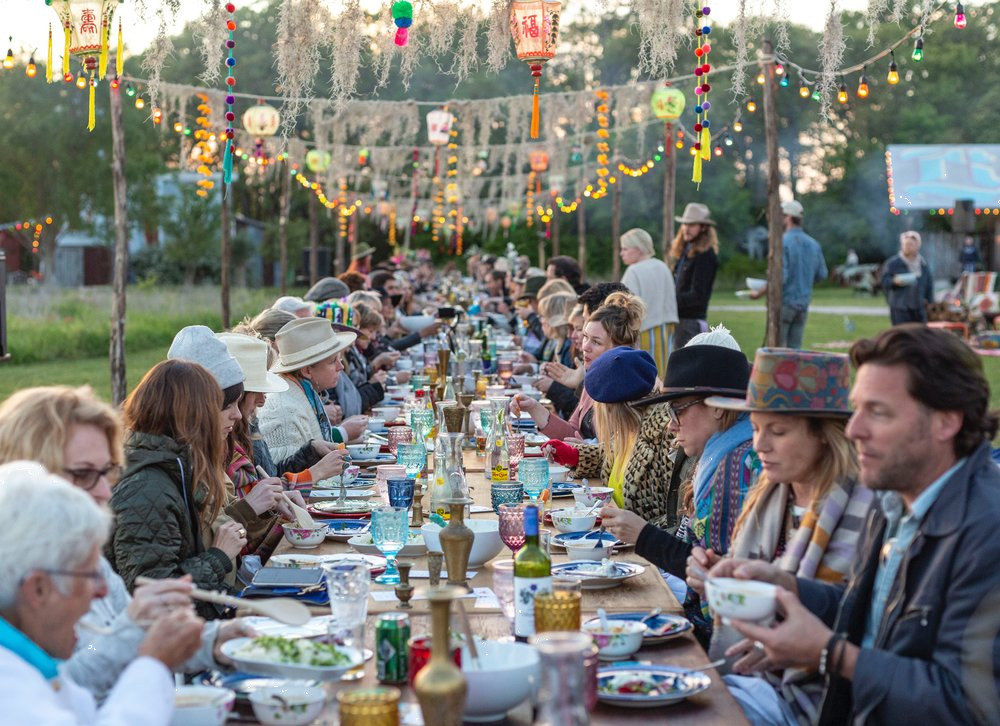
float
/fləʊt/ (v) Nối lênPeople hold flower floats in several countries to welcome the new season.
(Người ta tổ chức thả hoa đăng ở một số quốc gia để đón chào năm mới.)
carry
/ˈkæri/ (v) Mang theoThe parade carried the dancers in special costumes.
(Cuộc diễu hành mang theo những vũ công với trang phục đặc biệt)
moon cakes
/ muːn keɪks/ (n.phr) Bánh trung thuAt this festival, people eat moon cakes.
(Tại lễ hội, người ta ăn bánh trung thu.)
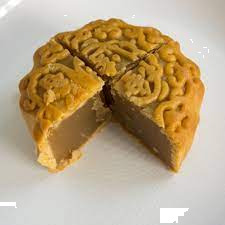
throw tomatoes
/ θrəʊ təˈmɑːtəʊz/ (v.phr) Chọi cà chuaAt this festival, people throw tomatoes.
( Tại lễ hội này, người ta chội cà chua.)
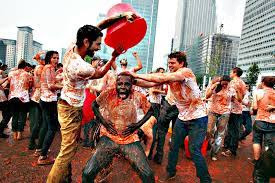
decorate
/ˈdekəreɪt/ (v) Trang tríPeople decorate pine trees and give each other gifts.
(Người ta trang trí cây thông và tặng quà cho nhau.)
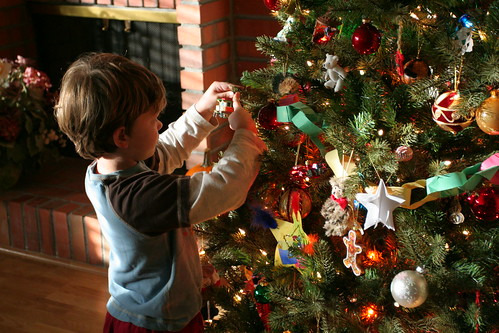
Cheese rolling
/ʧiːz ˈrəʊlɪŋ/ (n.phr) Vồ Phô maiCheese rolling is a festival which people chase after a wheel of cheese
(Vồ phô mai là lễ hội mà người ta đuổi theo một bánh xe phô mai.)
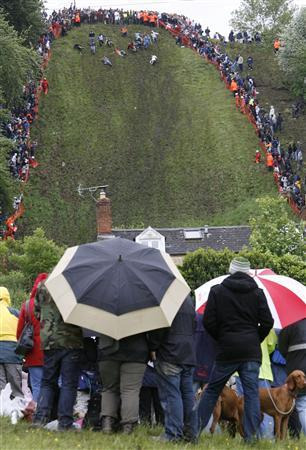
Christmas
/ˈkrɪsməs/ (n) Giáng sinhAt Christmas, people give gifts to each other .
(Người ta tặng quà cho nhau vào dịp Giáng Sinh)

chase
/tʃeɪs/ (v): Đuổi theoPeople chase after a wheel of cheese.
(Người ta đuổi theo 1 bánh phô mát)

Mid – Autumn Festival
/mɪd ˈɔːtəm ˈfɛstəvə/ (n) Trung ThuPeople eat moon cakes at Mid-Autumn Festival.
(Người ta ăn bánh trung thu vào ngày tết trung thu)
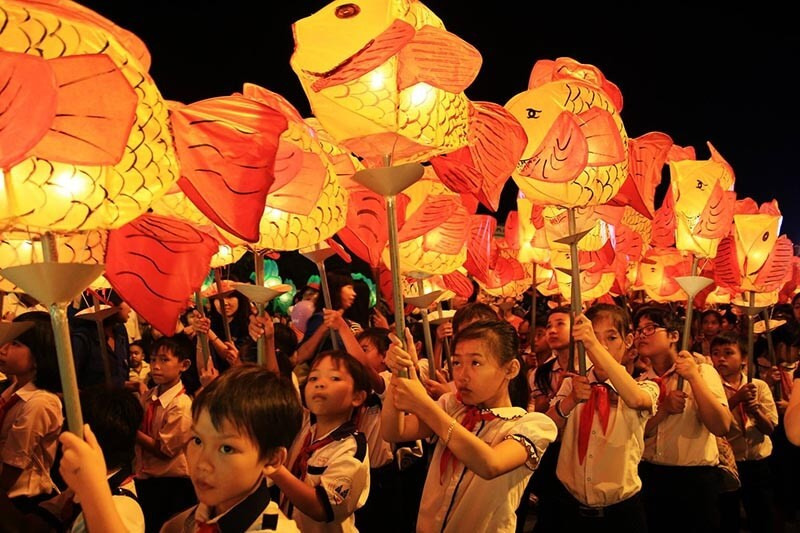
1.2. Vocabulary for Unit 9: Festivals around the world. Lesson 2. A CLOSER LOOK 1
Cannes Film Festival
/kæn fɪlm ˈfɛstəvəl / (n.phr) Liên hoan phim CannesAt the Cannes Film Festival ,there are many interesting films.
(Có nhiều bộ phim thú vị tại Liên hoan phim Cannes)

Halloween
/ ˌhæləʊˈiːn / (n) Lễ hội hóa trangHow many candy apples do you need for the Halloween party?
(Bạn cần bao nhiêu kẹo táo cho lễ hội hóa trang?)

Thanksgiving
/ˌθæŋksˈɡɪvɪŋ/ (n) Lễ Tạ ƠnBill’s mum is cooking a turkey for Thanksgiving.
(Mẹ Bill làm gà tây cho lễ Tạ ơn)
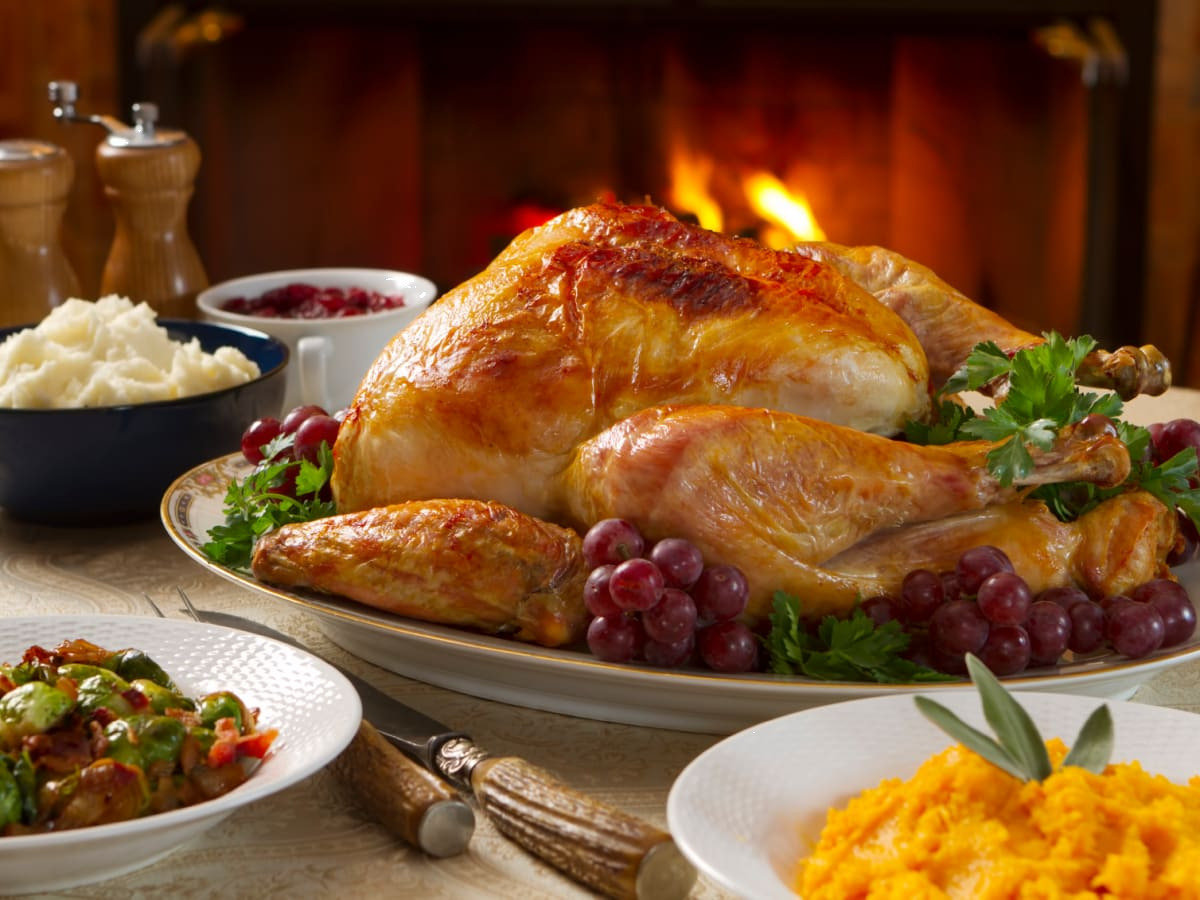
Easter
/ˈiːstə(r)/ (n) Lễ phục sinhMy children love painting eggs at Easter.
(Trẻ con thích tô trứng trong ngày lễ phục sinh )
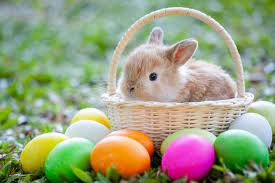
candy apples
/ˈkændi/ /ˈæplz/ (n) Kẹo táoHow many candy apples do you need for the Halloween party?
(Bạn cần bao nhiêu kẹo táo cho lễ hội hóa trang.?)
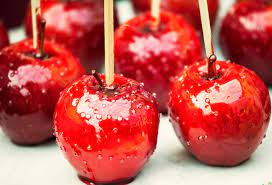
turkey
/ˈtɜːki/ (n) Gà tâyBill’s mum is cooking a turkey for Thanksgiving.
(Mẹ Bill làm gà tây cho lễ Tạ ơn)
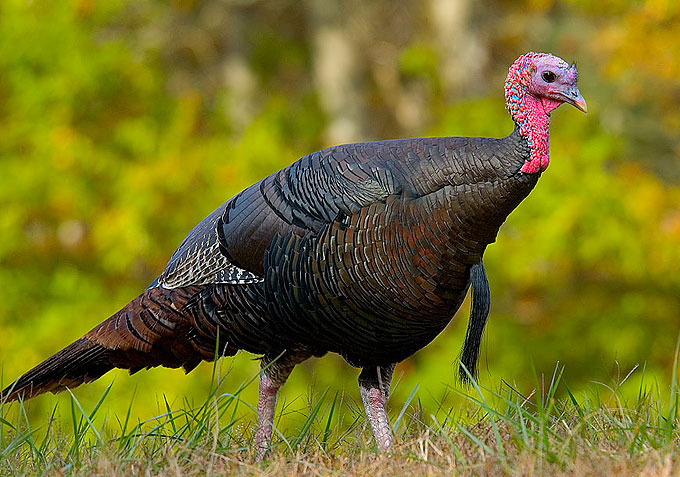
chocolate eggs
/ˈʧɒkəlɪt/ /ɛgz/ (n.phr) Trứng socolaI love chocolate eggs at Easter.
(Tôi thích trứng sô cô la vào lễ phục sinh.)
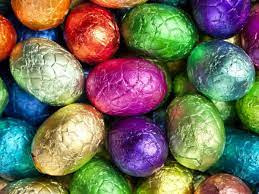
carve pumpkin
/kɑːv ˈpʌmpkɪn/ (v.phr) Khắc bí đỏPeople is carving pumpkin for Halloween.
(Người ta đang khắc bí đỏ cho lễ hội hóa trang.)
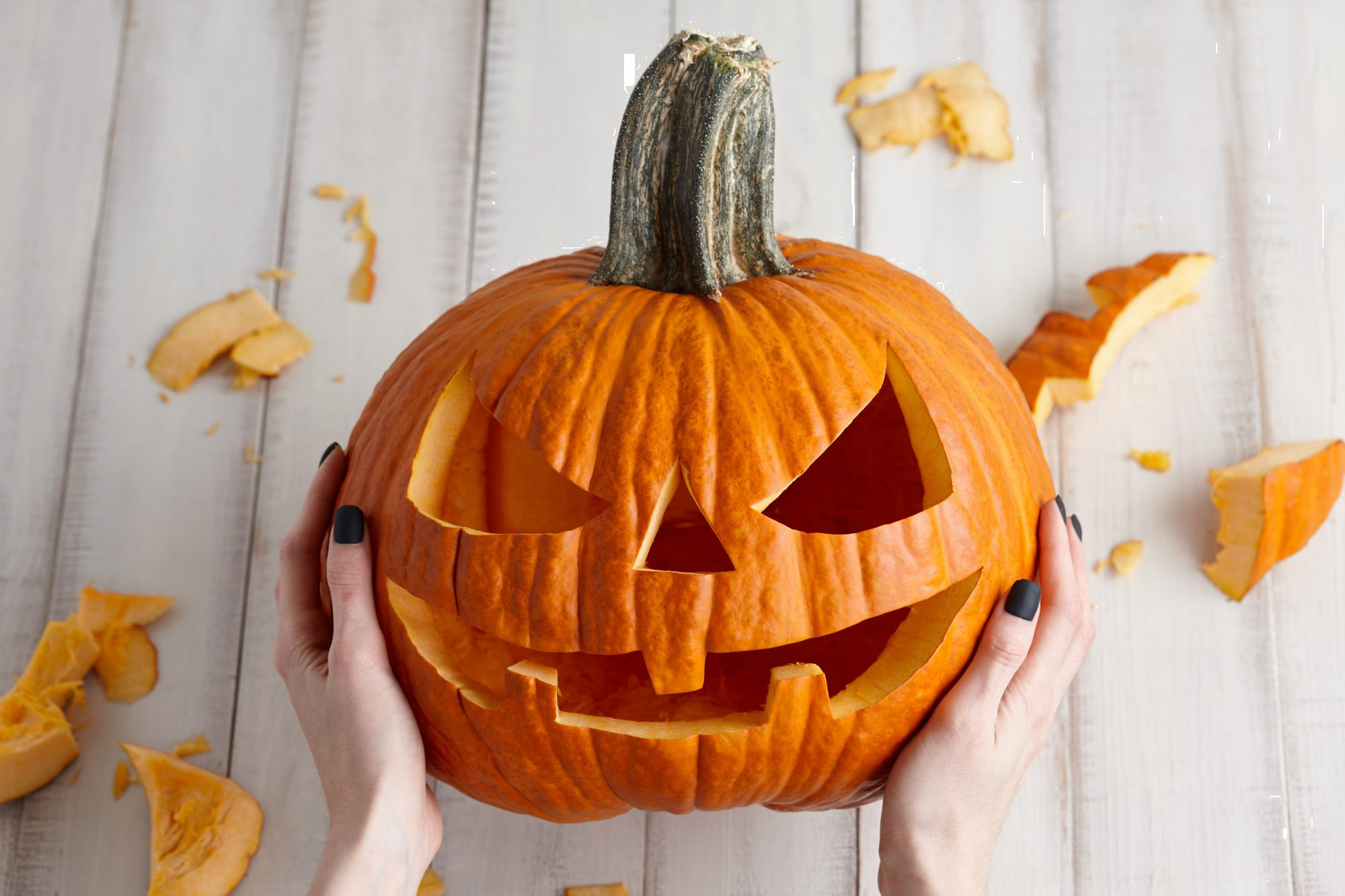
perform a lion dance
/pəˈfɔːm/ /ə/ /ˈlaɪən/ /dɑːns/ (v.phr) Múa lânPerforming lion dances is one of the activities at the Mid-Autumn Festival
(Múa lân là một trong những hoạt động cho ngày tết trung thu.)
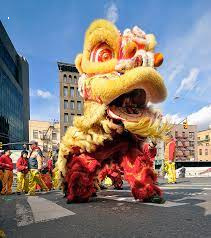
decide
/dɪˈsaɪd/ (v) Quyết địnhI decide to pick this color..
(Tôi quyết định chọn màu này.)
discuss
/dɪˈskʌs/ (v) Thảo luậnI want to discuss more about such important matters.
(Tôi muốn thảo luận nhiều hơn về những vấn đề quan trọng này.)
prepare
/prɪˈpeə(r)/ (v) Chuẩn bịMy mom always prepares breakfast for me every day.
(Mẹ tôi luôn chuẩn bị bữa sáng cho tôi mỗi ngày.)
attend
/əˈtend/ (v) Tham dựWe’re going to attend an Easter party at Nick’s house.
(Chúng tôi sẽ tham dự tiệc phục sinh tại nhà Nick.)
present
/ˈprizent/ (n) Món quàAt Christmas, people usually buy presents for their family.
(Người ta thường mua quà cho gia đình họ vào dịp Giáng Sinh)

clever and patient
/ˈklɛvər ænd ˈpeɪʃənt/ (adj) Thông minh và kiên nhẫnMy aunt is clever and patient.
(Dì tôi thông minh và kiên nhẫn.)
1.3. Vocabulary for Unit 9: Festivals around the world. Lesson 3. A CLOSER LOOK 2
excited about
/ kˈsaɪtɪd əˈbaʊt/ (adj) Hứng khởi vểAre you excited about your holiday?
( Bạn có hào hứng về kỳ nghỉ của bạn không.?)
come back home
/kʌm/ /bæk/ /həʊm/ (v.phr) Quay về nhàDoes your brother usually come back home at Tet?
(Anh trai của bạn có thường về nhà dịp Tết không?)
make a costume
/meɪk ə ˈkɒstjuːm/ (v.phr) May trang phụcMy mom makes me a new costume.
(Mẹ tôi may trang phục mới cho tôi.)
bake a birthday cake
/beɪk ə ˈbɜːθdeɪ keɪ/ (v.phr) Nướng bánh sinh nhậtShe will bake a birthday cake for him.
(Cô ấy sẽ nướng bánh sinh nhật cho anh ấy.)
celebrate
/ˈselɪbreɪt/ (v) Tổ chứcNo, we celebrate it in the middle of the eighth lunar month.
(Không, chúng tôi tổ chức nó vào giữa tháng tám âm lịch.)
come over
/kʌm ˈəʊvə/ (phr.v) Ghé chơiYes. Just come over to my house on the night of the festival.
(Chỉ cần ghé nhà tôi chơi vào đêm lễ nhé.)
autumn fruits
/ ˈɔːtəm fruːts/ (v.phr) Trái cây mùa thuWe also have some autumn fruits.
(Chúng tôi cũng có một ít trái cây mùa thu.)
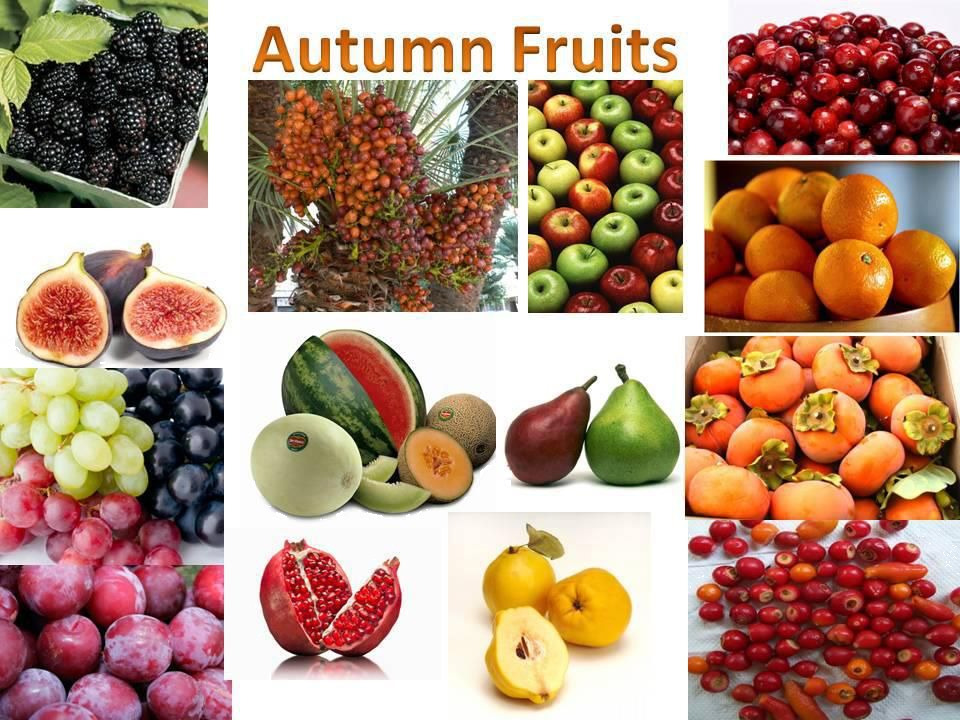
make lanterns
/meɪk ˈlæntənz/ (v.phr) Làm đèn lồngDo you make lanterns at the Mid-Autumn festival?
(Bạn có làm đèn lồng vào lế Trung Thu không?)
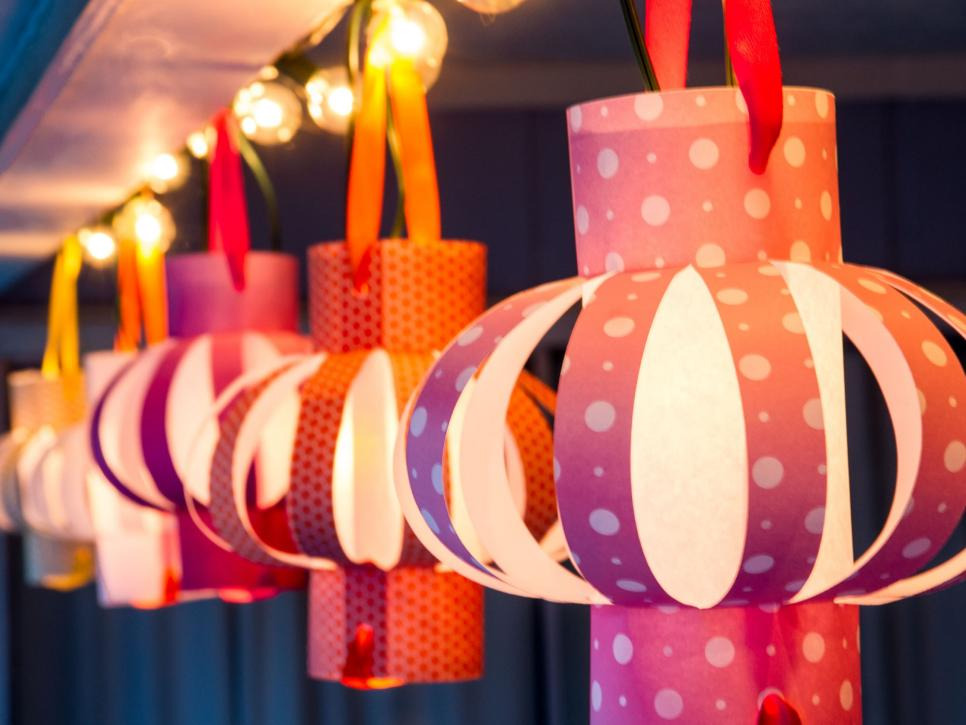
join
/dʒɔɪn/ (v) Tham giaCan I join the festival with you next month?
(Tôi có thể đi cùng đến lễ hội với bạn vào tháng tới được không?.)
1.4. Vocabulary for Unit 9: Festivals around the world. Lesson 4. COMMUNICATION
disappointment
/ˌdɪsəˈpɔɪntmənt/ (n) Sự thất vọngIt was a big disappointment.
(Đó là một sự thất vọng lớn)
band
/bænd/ (n) Băng nhạcThe band was late.
(Băng nhạc đến trễ)
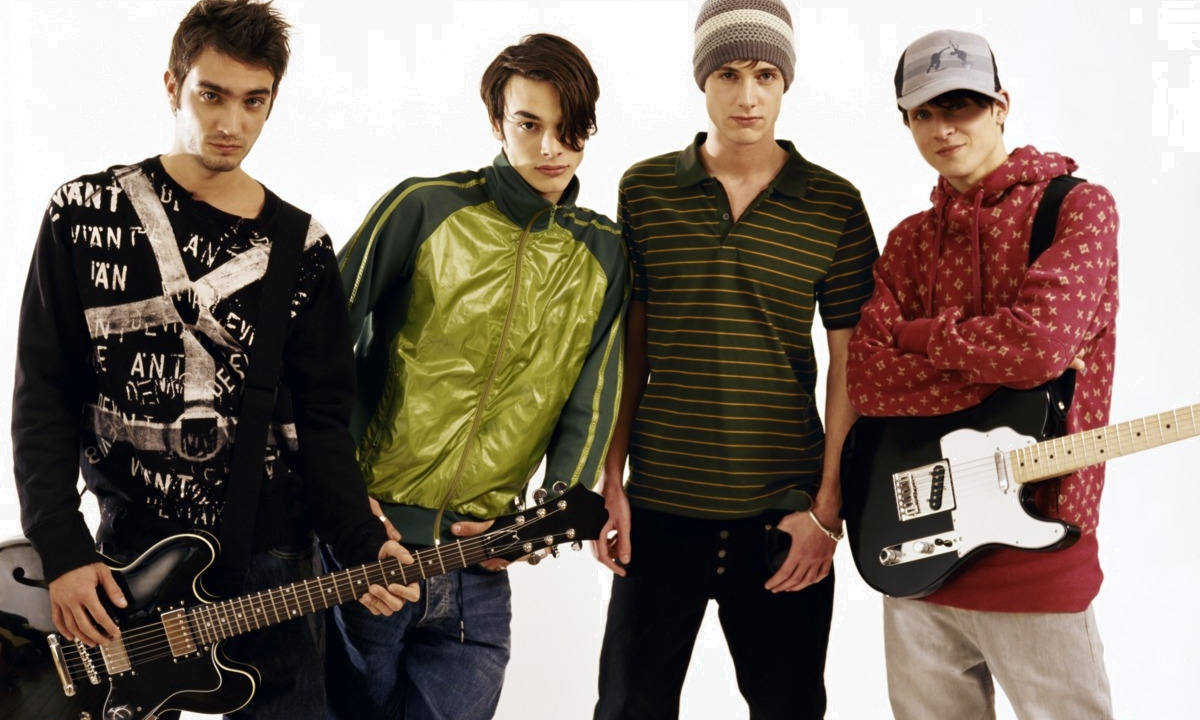
teenager
/ˈtiːneɪdʒə(r)/ (n) Thanh thiếu niênYou friend went to a film festival for teenagers, but there were not many films she liked.
(Bạn của bạn đi xem phim cho thanh thiếu niên, nhưng không có nhiều phim mà cô ấy thích.)

prosperity
/prɒˈsperəti/ (n) Thịnh vượngIt is the symbol of the moon prosperity and family reunion.
(Nó là biểu tượng thịnh vượng của mặt trăng và đoàn tụ gia đình.)

Santa Claus
/ˈsæntə klɔːz/ (n) Ông già NoelSanta Claus loves children and gives gift to them at Christmas.
(Ông già Noel yêu trẻ con và cho quà cho chúng trong lễ Giáng Sinh.)

winner’s prize
/ˈwɪnəz praɪz/ (n.phr) Giải thưởng cho người chiến thắngIt’s the symbol of the winner’s prize.
(Nó là biểu tượng cho người chiến thắng.)
1.5. Vocabulary for Unit 9: Festivals around the world. Lesson 5. SKILLS 1
twin
/twɪn/ (n) Sinh đôiIt’s the largest gathering for twins in the world.
(Cuộc tụ hội lớn nhất dành cho các cặp sinh đôi trên thế giới.)

uniform
/ˈjuːnɪfɔːm/ (n) Đồng phụcWe wore uniforms and walked together.
(Chúng tôi đã mặc đồng phục và đi bộ cùng nhau)
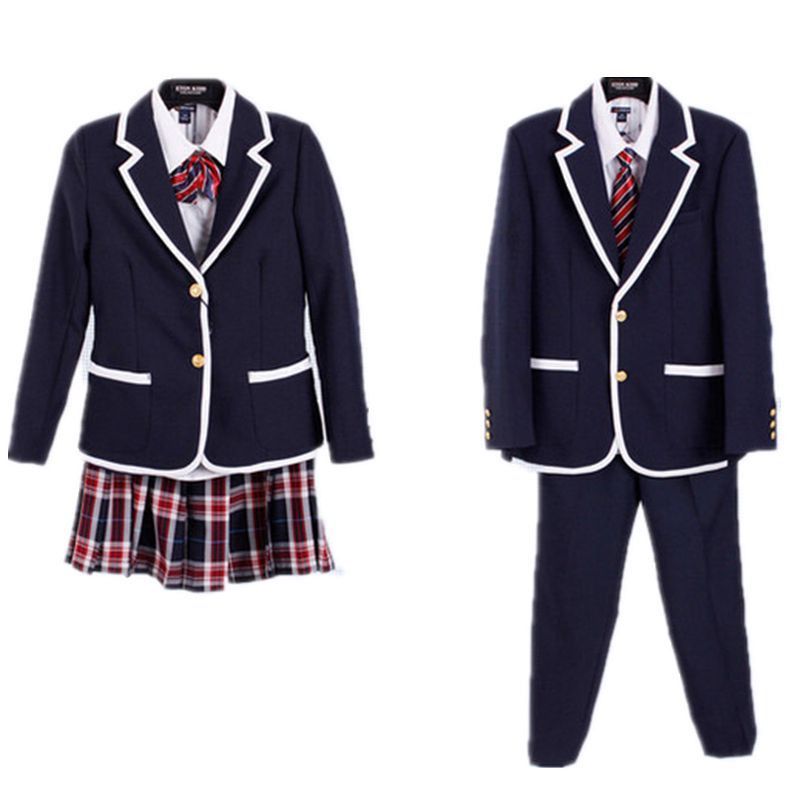
get sleepy
/gɛt ˈsliːpi/ (v.phr) Buồn ngủI’m getting sleepy.
(Tôi đang buồn ngủ.)
play drums
/pleɪ drʌmz/ (v.phr) Chơi trốngI watched people play drums, sing traditional songs, and dance.
(Tôi đã xem mọi người chơi trống, hát nhạc truyền thống và nhảy)

crop
/krɒp/(n) (n) Vụ mùaThey celebrate it to thank the Rice God and pray for a better new crop.
(Họ tố chức nhằm để cảm ơn thần nông và cầu nguyện cho vụ mùa mới)

gather
/ˈɡæðə(r)/ (v) Tập hợpFamily members and friends usually gather to have a feast.
(Thành viên trong nhà và bạn bè thường tụ tập cùng nhau ăn cỗ)
1.6. Vocabulary for Unit 9: Festivals around the world. Lesson 6. SKILLS 2
cornbread
/ˈkɔːnbred/ (n) Bánh mì ngôCornbread is one of the traditional dishes.
(Bánh mì ngô là món ăn truyền thống.)
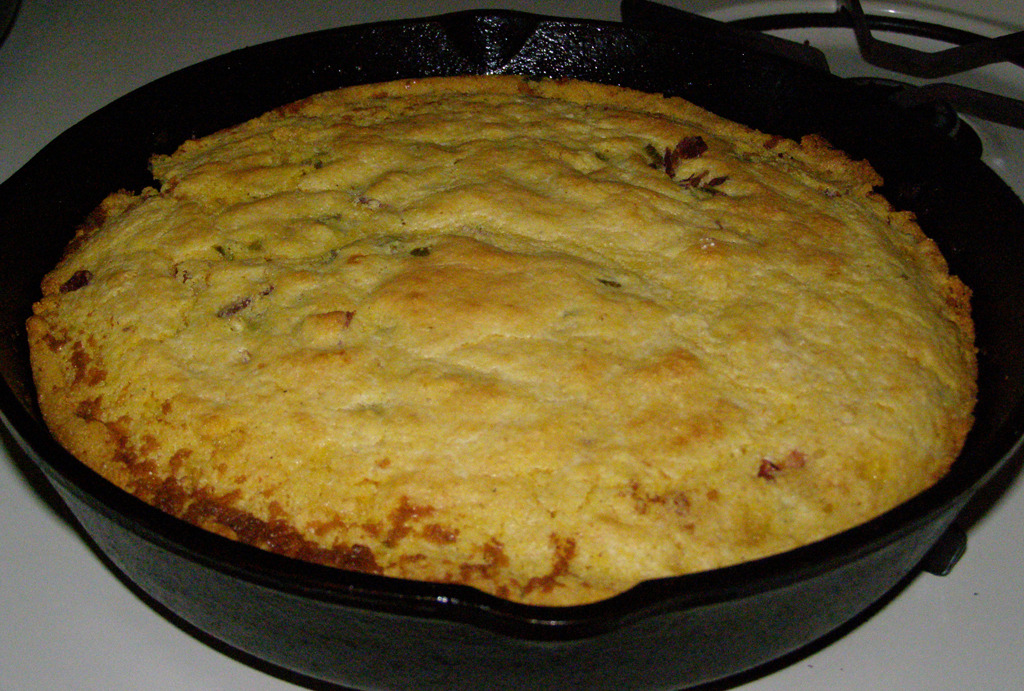
play board games
/pleɪ/ /bɔːd/ /geɪmz/ (v.phr) Trò chơi bàn cờShe likes playing board games in her free time.
(Cô ấy thích chơi trò chơi bàn cờ lúc rảnh.)
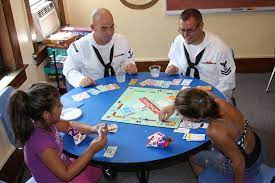
Celebrate
/ˈselɪbreɪt/ (v) Tổ chứcPeople celebrate it on the third Thursday of November.
(Người ta tổ chức nó vào ngày thứ năm thứ 3 của tháng.)
1.7. Vocabulary for Unit 9: Festivals around the world. Lesson 7. LOOKING BACK & PROJECT
LOOKING BACK
actress
/ˈæktrəs/ (n) Nữ diễn viênShe was the best actress at the Cannes Film Festival last year.
(Cô ấy là diễn viên nữ tốt nhất tại Liên Hoan phim Cannes hồi năm ngoái.)

sweet potatoes
/swiːt pəˈteɪtəʊz / (n) khoai langFor Thanksgiving, people have a feast with turkey, cornbread and sweet potatoes.
(Dịp lễ Tạ Ơn, mọi người ăn cỗ với gà tây, bánh mì ngô và khoai lang)
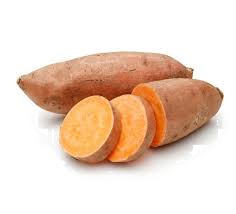
PROJECT
express
/ɪkˈspres/ (v) Diễn tảI can express my disappointment.
(Tôi có thể diễn tả sự thất vọng.)
describe
/dɪˈskraɪb/ (v) Mô tảWrite an essay to describe a festival.
(Hãy viết một bài luận mô tả 1 lễ hội.)
2. Grammar for Unit 9: Festivals around the world
Ngữ pháp: câu hỏi Yes/ No Unit 9 Tiếng Anh 7 Global Success
Yes/No questions (Câu hỏi Yes/No)
- Câu hỏi Yes/No cần câu trả lời hoặc là Yes hoặc là No.
- Chúng ta hình thành câu hỏi Yes/No với một trợ động từ (be, do hoặc have) hoặc với động từ khuyết thiếu. Chúng ta đặt trợ động từ hoặc động từ khuyết thiếu trước chủ ngữ.
- Cấu trúc: Be/ Do/ Have/ Modals + S + (V)…?
- Ví dụ:
+ Are you eating moon cakes? – Yes, I am.
(Bạn đang ăn bánh trung thu à? – Vâng.)
+ Did they eat moon cakes at the festival last year? – No, they didn’t.
(Họ đã ăn bánh trung ở lễ hội năm ngoái à? – Không.)
+ Can he eat all these moon cakes? – Yes, he can.
(Anh ấy có thể ăn tất cả bánh trung thu này không? – Vâng, anh ấy có thể.)
- Chúng ta không sử dụng trợ động từ khi chúng ta sử dụng “be” như động từ chính.
Ví dụ: Is that your Christmas present? – Yes, it is.
(Kia là quà Giáng sinh của bạn à? – Đúng vậy.)
3. Video Lecture for Unit 9: Festivals around the world
Video Lecture for Unit 9: Festivals around the world.
3.1. Video Lecture for Lesson 1. GETTING STARTED
Collected
from Zim Academy
3.2. Video Lecture for Lesson 2. A CLOSER LOOK 1
Collected
from Zim Academy
3.3. Video Lecture for Lesson 3. A CLOSER LOOK 2
Collected
from Zim Academy
3.4. Video Lecture for Lesson 4. COMMUNICATION
Collected
from Zim Academy
3.5. Video Lecture for Lesson 5. SKILLS 1
Collected
from Zim Academy
3.6. Video Lecture for Lesson 6. SKILLS 2
Collected
from Zim Academy
3.7. Video Lecture for Lesson 7. LOOKING BACK & PROJECT
Collected
from Zim Academy
4. Hướng Dẫn Phát Âm Unit 9 (Global Success 7)
Bấm vào các link Mục lục (Table of Contents) để xem Video Hướng dẫn và Thực hành Phát âm.
Phần Thực hành phát âm nên học trên máy tính.
4.1. Video Hướng Dẫn Phát Âm Unit 9 (Global Success 7)
Collected from Global Success
4.2. Thực hành phát âm – Pronunciation Practice. Unit 9
Stress in two-syllable words
Click the buttons to listen, say aloud, and record. Compare your voice with the sample pronunciation. Practice each sentence at least 3 times.